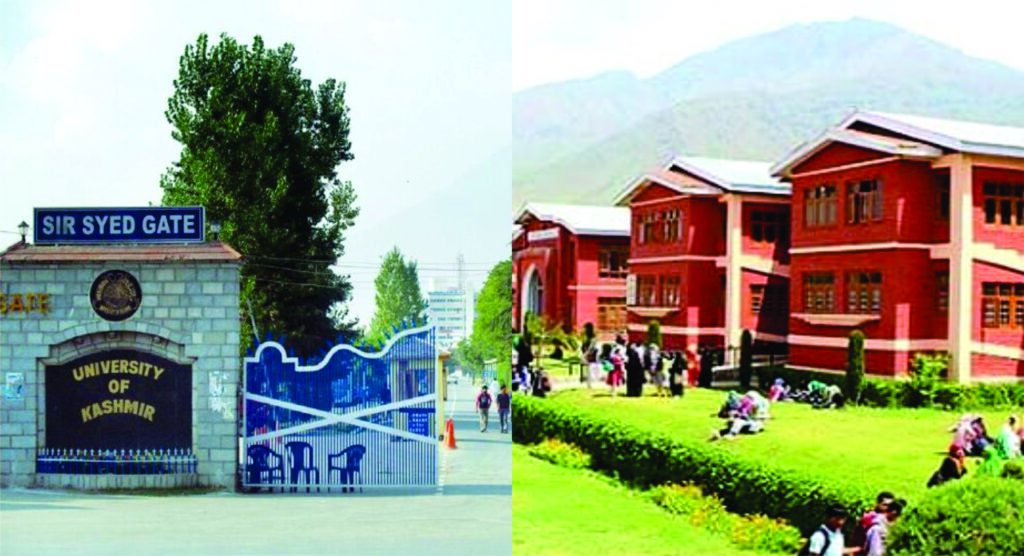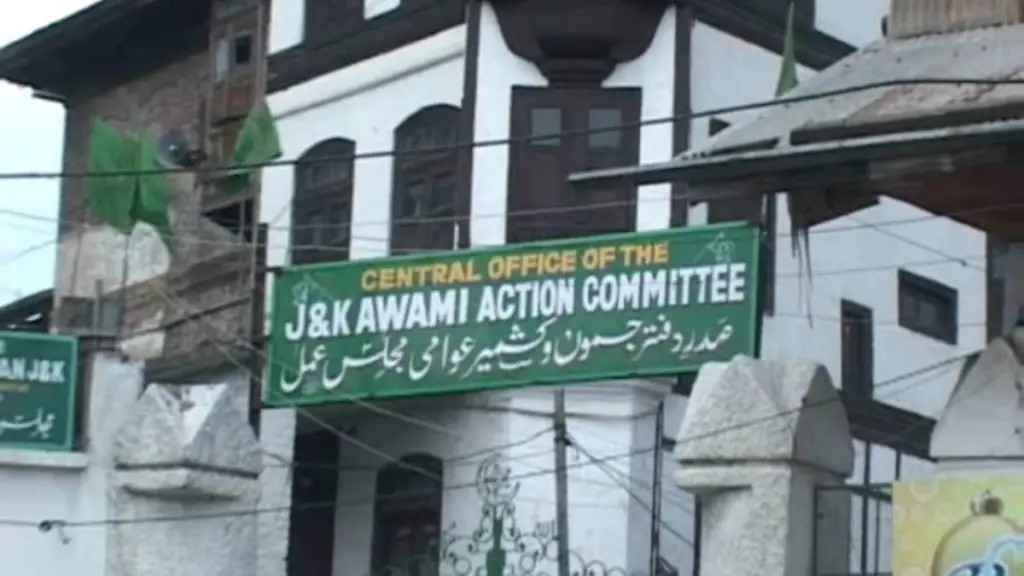
Cultural Aggression: Have our Universities Become their Targets?
Zahoor Ahmad Rather
Last Ramadhaan, a news of Central University of Kashmir (CUK) administration not allowing an Iftaar Party went viral. Some students reported that the administration denied the permission of arranging an Iftaar Party that would have otherwise been a normal activity a few years back. Now, while I am writing this, a video circulating on social media shows students from outside the valley dancing in their traditional attires, suggesting a shift towards promoting non-native cultural practices. So, why are universities allowing this kind of cultural intrusion while banning simple, native religious gatherings? What forces the administration of these highest places of learning to organize events having a negative impact on the native land, its people, culture and religion?
This issue is not isolated to CUK. Universities and educational institutions across Kashmir, under the influence of Indian intelligence directives and covert collaborations (such as those with Israeli institutions), are increasingly becoming centers for what can only be described as cultural and ideological aggression. Activities, once foreign to Kashmiri society, are now promoted under the guise of “cultural awareness,” and students are forced to participate in events that erase or overshadow the region’s rich Islamic and Kashmiri heritage.
In fact, this transformation seems part of a broader, state-sponsored project. The University of Kashmir, for example, has started preferentially admitting non-local students from outside valley, often rejecting qualified local applicants. This trend is disturbing, as it mirrors larger efforts aimed at diluting the cultural and religious identity of the region.
There are countless other signs of this erasure of Kashmiri identity. Schools are now required to incorporate Hindu bhajans into their Morning Prayer sessions instead of Islamic prayers. Another directive orders school administrators to repaint their buildings in the Indian tricolor and replace school signboards with the same color scheme. Furthermore, Hindi, a language alien to Kashmiris, is being actively promoted with substantial financial support from the Indian government, while the Kashmiri language is sidelined, despite being the mother tongue of the local population.
This pattern of imposed cultural practices is part of a deliberate strategy to Hinduize Kashmir in every form—religiously, linguistically, and culturally. While we focus on the educational institutions, there are numerous other state-sponsored projects aimed at achieving the same end: erasing all that is native to Kashmir and replacing it with a carefully curated version of what the occupiers deem acceptable.
In the face of such aggressive cultural indoctrination, it becomes very important for Kashmiris, especially the youth in universities, to remain vigilant and resist these attempts to obliterate their identity. The future of Kashmir’s rich cultural and religious fabric depends on the determination of its people to protect it. The deliberate replacement of local traditions with alien practices is not merely an attack on Kashmiri customs but a strategic effort to sever the region from its historical roots and spiritual ethos.
Now, more than ever, it is important for students and intellectuals to understand the significance of these changes. What appears as harmless cultural events is, in reality, a slow and systemic dismantling of the Islamic and cultural identity of Kashmir. If this is not resisted, we risk losing our heritage, traditions, and religious values forever.
Kashmiris must be mindful of these insidious changes and work together to safeguard their identity. Universities, which should be bastions of free thought and cultural preservation, are being transformed into institutions of ideological indoctrination. It is time to reclaim these spaces and ensure they reflect and respect the true essence of Kashmiri culture and religion. If we fail to act now, we risk losing everything that makes us who we are.




